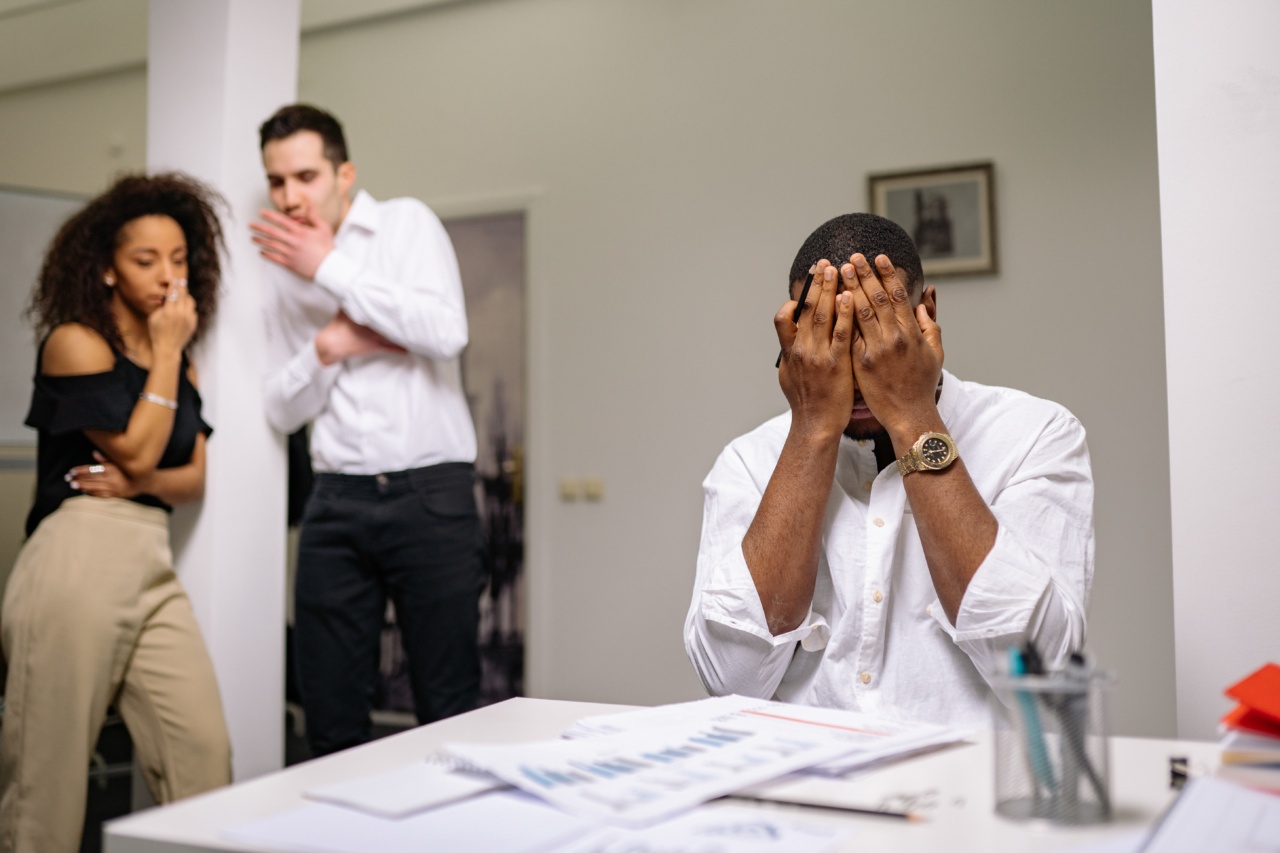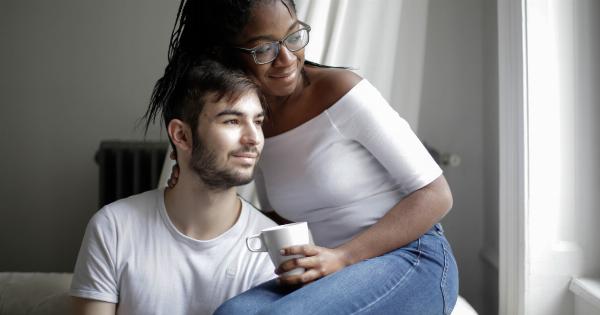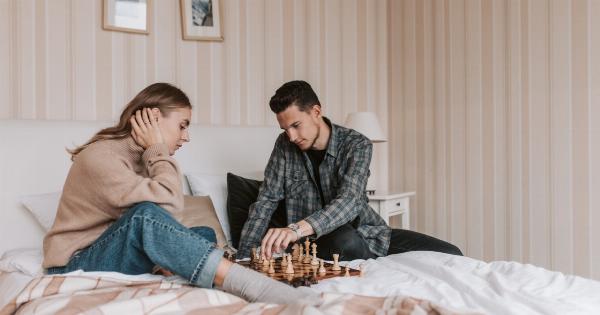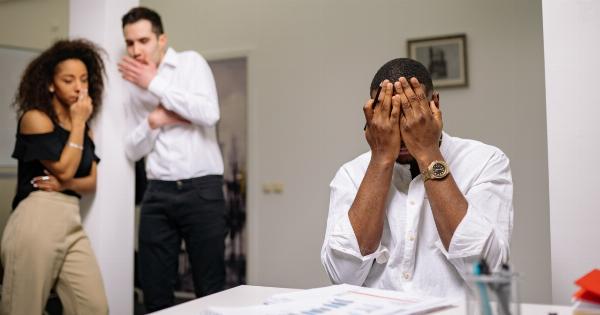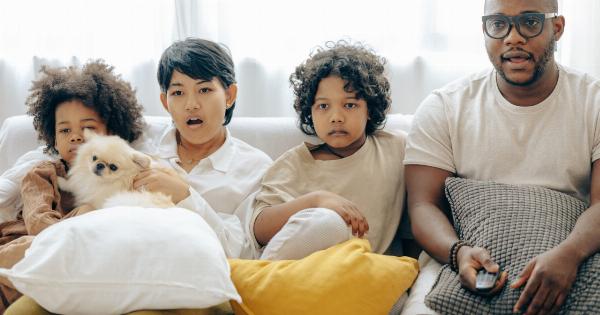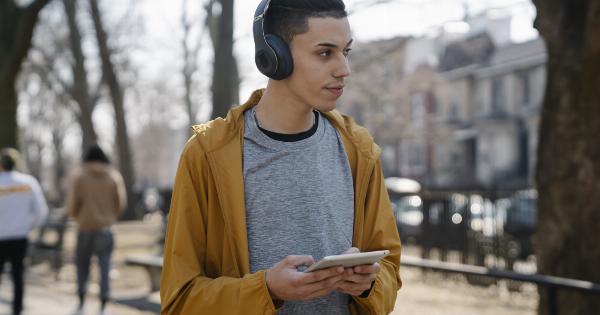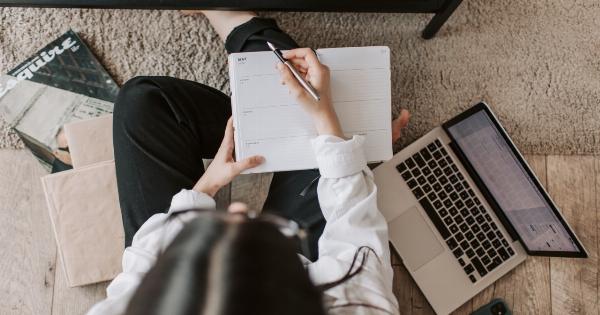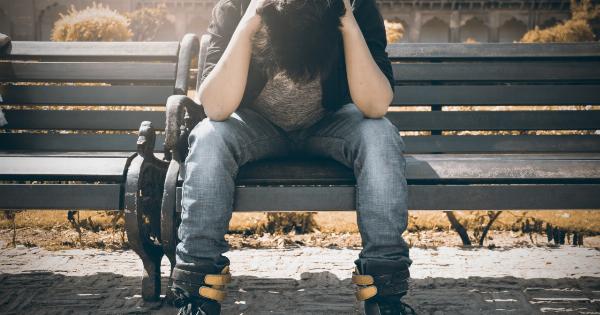Sexual anxiety is a common concern that affects both men and women. It refers to the worries, fears, and uncertainties individuals experience in relation to their sexual experiences and performance.
This anxiety can arise from various factors, including societal expectations, personal insecurities, and past negative experiences. In this article, we will explore the fears of men and women regarding sexual anxiety, how it can impact their relationships and overall well-being, and steps they can take to address and overcome these fears.
The Fears of Men
Men often face unique fears in relation to their sexual performance, stemming from societal pressures and personal expectations. Some common fears include:.
1. Performance Anxiety
Men may feel pressured to perform well sexually, fearing that they won’t be able to satisfy their partner or meet societal standards of masculinity.
This fear can lead to anxiety, which can in turn affect their sexual performance and overall enjoyment.
2. Erectile Dysfunction
The fear of experiencing erectile dysfunction is another concern that can contribute to sexual anxiety in men.
Worries about their ability to maintain an erection can lead to self-doubt and performance anxiety, creating a cycle that perpetuates the fear.
3. Premature Ejaculation
Men may also worry about ejaculating too quickly and being unable to control their orgasm.
This fear can impact their sense of confidence and enjoyment during sexual encounters, creating anxiety and preventing them from fully engaging in intimate moments.
4. Body Insecurities
Body insecurities, such as concerns about penis size or appearance, can significantly impact a man’s sexual confidence. These insecurities may stem from societal ideals or personal comparisons, leading to anxiety and self-doubt in the bedroom.
5. Rejection and Judgment
Men may fear being rejected or judged by their partner for their sexual preferences, desires, or performance. This fear can hinder their ability to communicate openly and honestly about their needs, leading to feelings of anxiety and inadequacy.
The Fears of Women
Women also face their own set of fears when it comes to sexual anxiety. These fears can stem from societal expectations, personal insecurities, and past experiences. Some common fears include:.
1. Body Image Issues
Women often worry about their physical appearance and may feel self-conscious about their bodies during sexual encounters.
These insecurities can affect their ability to fully enjoy and engage in intimacy, leading to anxiety and a diminished sense of self-worth.
2. Performance Pressure
Women may feel pressured to perform or please their partner sexually. This fear of not meeting expectations or being perceived as inadequate can lead to anxiety and a decreased ability to relax and enjoy the moment.
3. Lack of Desire
Women may fear that their lack of sexual desire or arousal will disappoint their partner. This fear can create anxiety and guilt, further dampening their sexual experiences and impacting their overall satisfaction.
4. Pain or Discomfort
Women may worry about experiencing pain or discomfort during sexual intercourse. These fears can arise from past negative experiences or concerns about their physical well-being.
The anxiety surrounding potential pain can hinder their ability to relax and fully enjoy sexual intimacy.
5. Emotional Vulnerability
Women may fear being emotionally vulnerable during sexual encounters, worrying about potential judgment or rejection from their partner. This fear can lead to anxiety and a difficulty in fully opening up and expressing their desires and needs.
How Sexual Anxiety Affects Relationships
Sexual anxiety can have a significant impact on relationships, affecting both partners involved. Some ways it can impact relationships include:.
1. Communication Issues
Sexual anxiety can hinder effective communication between partners about their needs, desires, and concerns. This lack of communication may lead to misunderstandings, frustrations, and a diminished quality of intimacy.
2. Decreased Intimacy
Individuals experiencing sexual anxiety may struggle to fully engage in intimate moments, leading to a decrease in physical and emotional connection between partners. This can result in a decrease in overall relationship satisfaction and closeness.
3. Performance Pressure
The pressure to perform and meet expectations can create a strain on the individual experiencing sexual anxiety, as well as their partner.
This pressure can lead to a decrease in enjoyment and a focus on performance rather than the emotional connection.
4. Self-Esteem and Relationship Satisfaction
Sexual anxiety can contribute to a decrease in self-esteem and overall relationship satisfaction for both men and women. The fear of not being able to meet societal expectations or please their partner can lead to feelings of inadequacy and insecurity.
Overcoming Sexual Anxiety
Addressing and overcoming sexual anxiety is possible with the right support and strategies. Here are some steps that can be taken to alleviate sexual anxiety:.
1. Open Communication
Engage in open and honest communication with your partner about your fears, desires, and needs. Creating a safe space for open communication can help alleviate anxiety and foster a stronger emotional connection.
2. Education
Seek knowledge and information about sexual health and pleasure. Understanding your own body, as well as your partner’s, can help alleviate anxiety and increase confidence in the bedroom.
3. Professional Help
If sexual anxiety persists and significantly impacts your quality of life and relationships, consider seeking professional help.
A therapist or sexual health expert can provide guidance, support, and strategies for managing and overcoming sexual anxiety.
4. Self-Exploration
Take time to explore and understand your own desires and preferences. Engaging in self-exploration can help increase confidence and create a stronger sense of self-awareness in sexual encounters.
5. Relaxation Techniques
Practice relaxation techniques, such as deep breathing or mindfulness exercises, to help calm anxiety during sexual experiences. Learning to relax and be in the present moment can enhance pleasure and reduce anxious thoughts.
